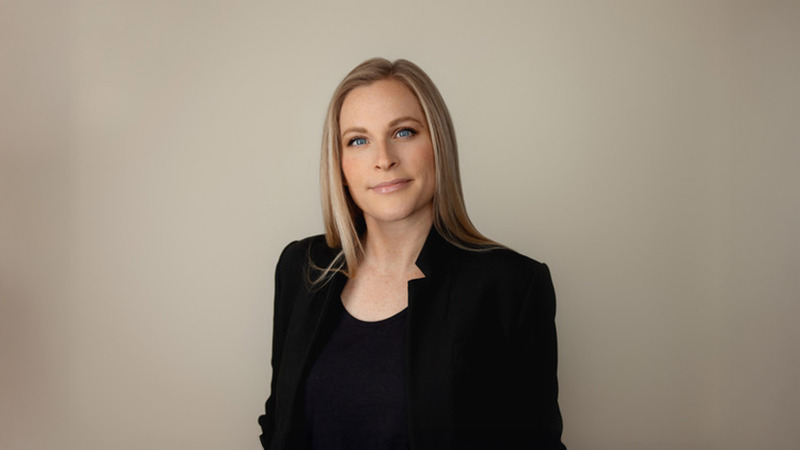You are viewing your 1 free article this month. Login to read more articles.
HarperCollins UK puts staff on furlough
Publisher HarperCollins has confirmed that it is placing a number of staff on furlough, both in its distribution centre and across the broader company.
While the number of staff affected hasn't been confirmed, it's understood that the level of furloughing is similar to that seen in other companies: Hachette UK and Bonnier Books UK have both recently announced furloughing affecting 10% of their workforce.
A spokesperson said: "HarperCollins can confirm that, with the long-term interests of the business in mind, it has placed those distribution centre staff who are not able to work on site at this time on furlough as a short-term measure. It is also implementing furloughing across the wider company for some roles. All staff placed on furlough will receive 100% of their regular salary as the company will top up the 80% salary payment covered by the coronavirus job retention scheme."
HarperCollins UK c.e.o. Charlie Redmayne told The Bookseller: “There are fewer channels through which to sell, and fewer books, so we are seeing an impact on revenues, as you’d expect. This is about minimising the impact of that slowdown in the short term, so that we emerge from this period stronger in the long term.”
He added: “There are obviously channels that have closed, and those books that do well within those channels, such as literary fiction, which need a Waterstones or independent bookshop, are suffering. But other channels are still open, and some, such as the supermarkets, have stepped up, and we are seeing those books that do well in these channels doing better. E-book sales and audio are also up significantly, Amazon is prioritising essentials and some books fall into that [category], and Waterstones.com has grown hugely—albeit from a low base.” Redmayne said HarperCollins was also seeing an uplift in sales of education titles following the closure of schools in the UK.
On the forward publishing programme, Redmayne said it would move some titles. “We are looking to move those books that rely on those channels, such as Waterstones, or which will need a publicity tour; but others, the ones that do well through supermarkets, for example, we are still publishing.” On overall business, he added: “We need books to sell, and we cannot pretend it isn’t tough. April will be difficult, May will be a little bit better, and June will be better still.”
















